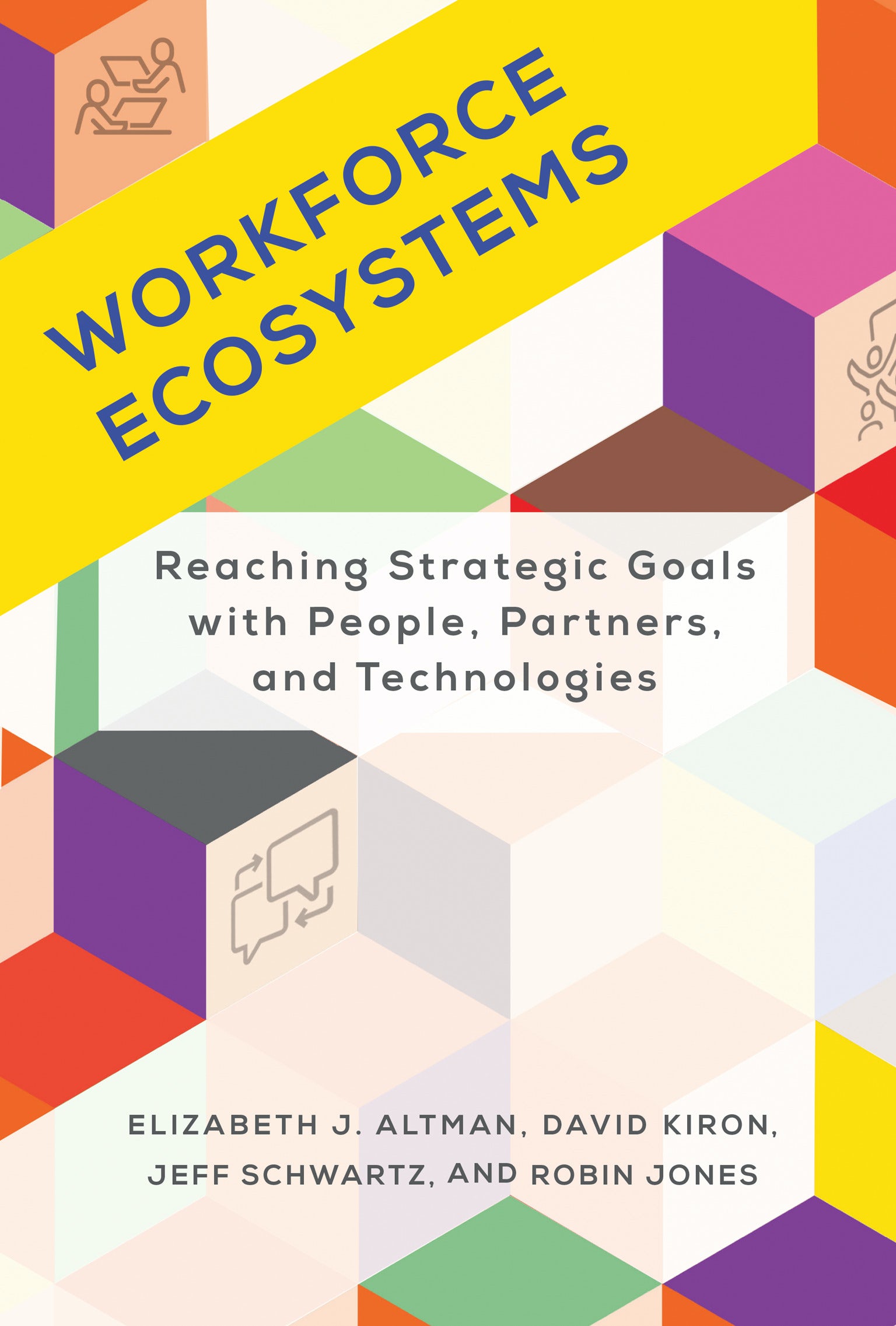A practical handbook for accelerating innovation, both internally and externally, through engagement with innovation ecosystems.
Books
MIT Sloan Management Review and the MIT Press have joined forces to explore the digital frontiers of management, providing leaders with practical, research-backed insights for facing an exciting — and challenging — future.
Page 1 of 3










